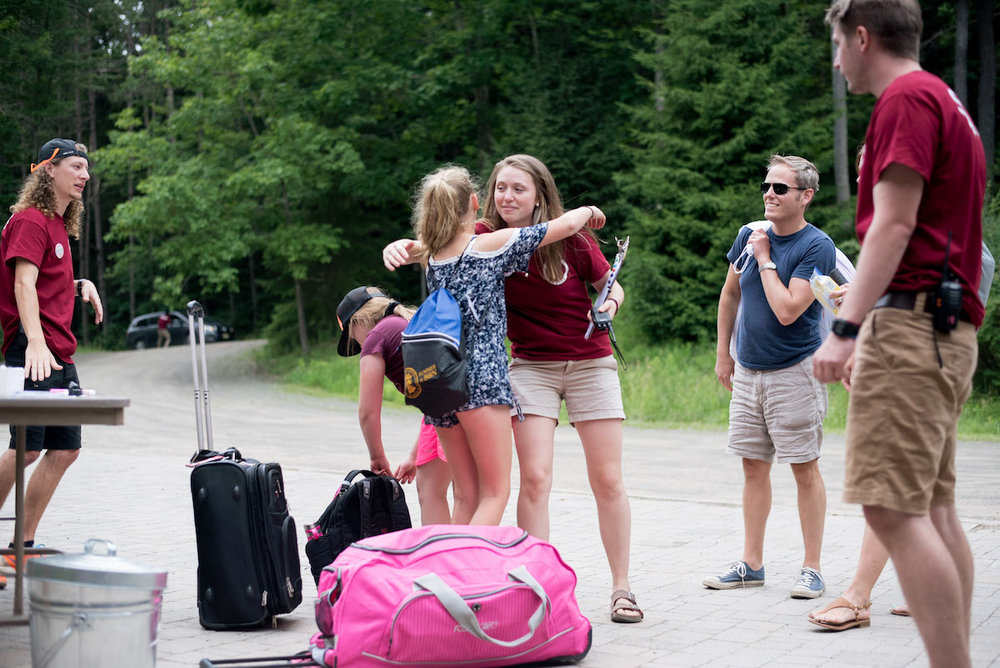Camping is the ideal getaway because you can tailor your trip to fit your needs, wants and level of experience. Whether you are seeking a relaxing, woodsy retreat or an adrenaline-fueled escape, you can find it outdoors. The best way to learn to camp is to jump right in and try. You may encounter a few bumps along the road, but it is important to remember that no camping trip ever goes exactly as planned. As long as you know the camping basics, the rest will become memories and experiences to help you grow each time you embark on another trip. But there are a few things to know before you go camping:

-
Determine physical condition
Before you head out, check in with your family and friends to see how they feel. Any activities you may have planned will depend on your group's ability to do them. Don't push yourself or your group members on a hike or other physical activity if they aren't physically capable of doing it. Similarly, if someone is sick, take it easy and take care of that person. You learn to take care of someone when they're sick. By taking care of others, you're also training your emergency skills in the wild. Don't do anything just because you planned to. If your group isn't prepared or physically able, there are plenty of fun activities to enjoy at camp. In addition to outdoor activities such as climbing mountains, people can also enjoy recreational activities by building fires near the camp.

-
Ask the staff
Depending on where you camp, you may be able to talk to a park ranger or a campsite host. They'll likely have current information about the park's outdoor conditions, regulations, and possible alerts. Be sure to ask the ranger or host about these topics:
- Environmental: For example, are there any rock falls, fire, wildlife, high water in streams from recent rainfall events, or other conditions to be aware of?
- Weather: Is there any rain, wind, snow, or extreme temperatures forecast that could affect your planned activity? You can also check the local newspaper, weather-related website, or radio station for the weather report.
- Park Regulations: Does the park have rules about open fires? Depending on the park, season, and climate conditions, fire bans may be in effect. Also, ask about proper disposal of food and other trash. Many parks require the use of food storage containers to keep wildlife out of the campground.

